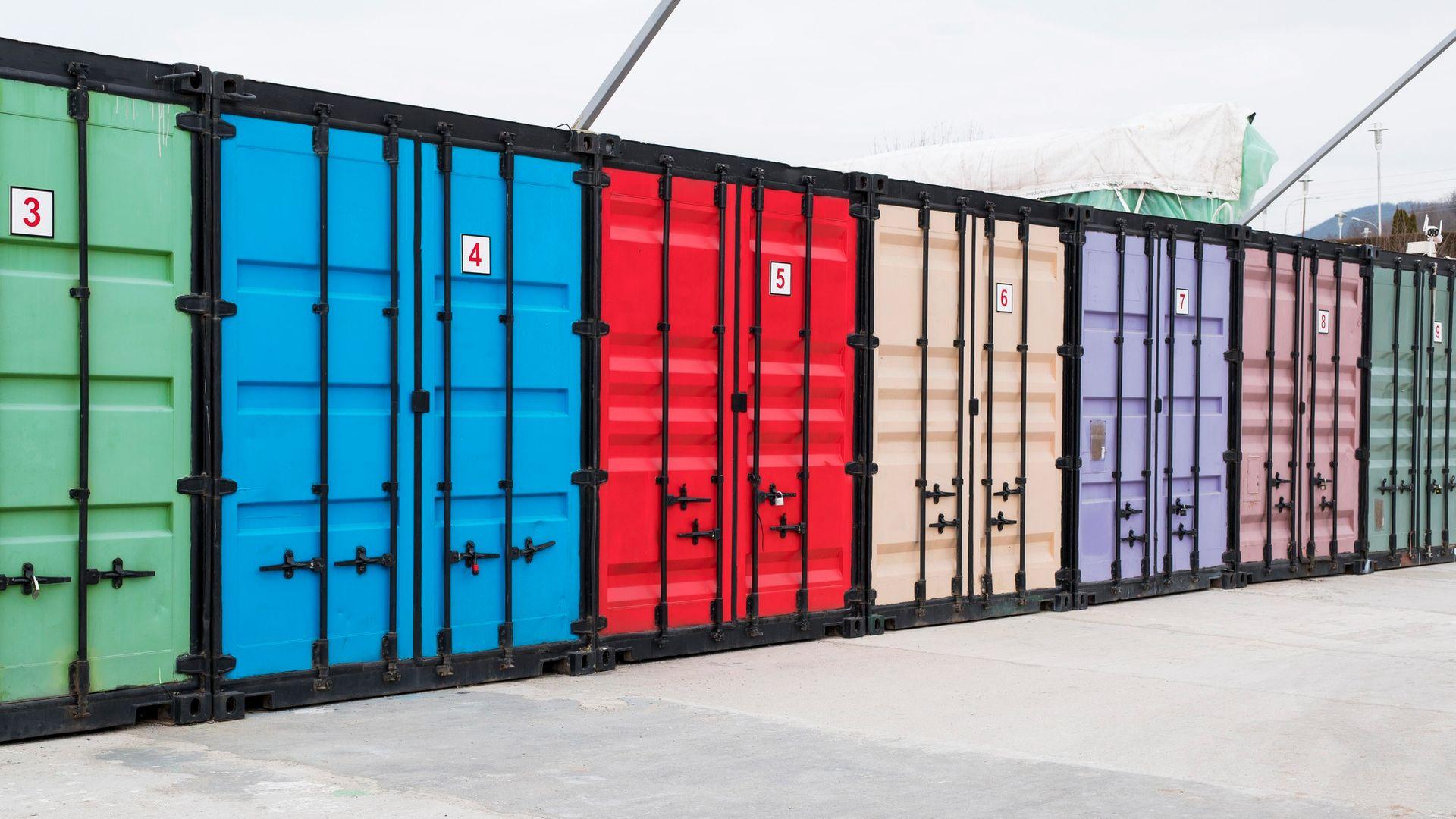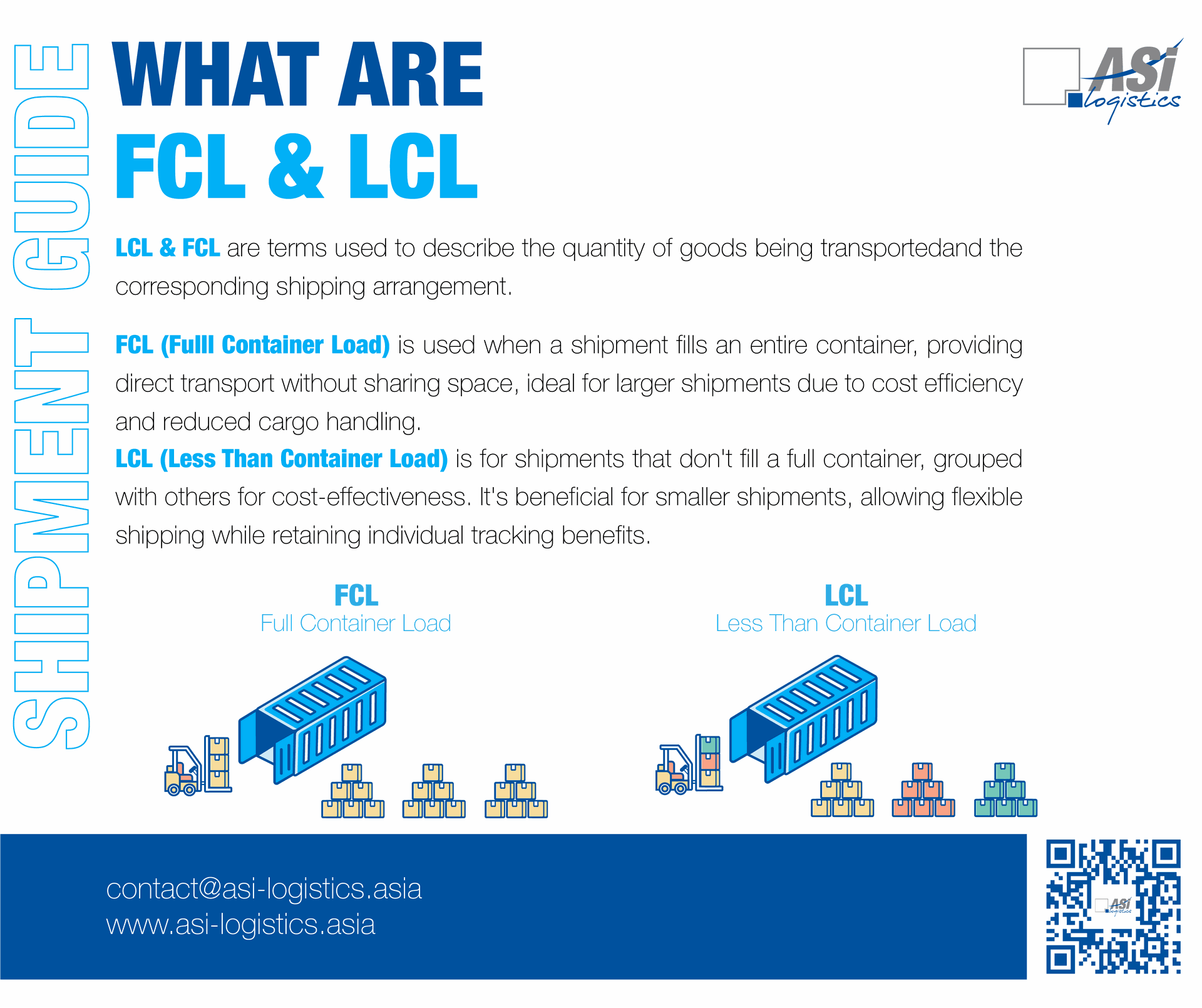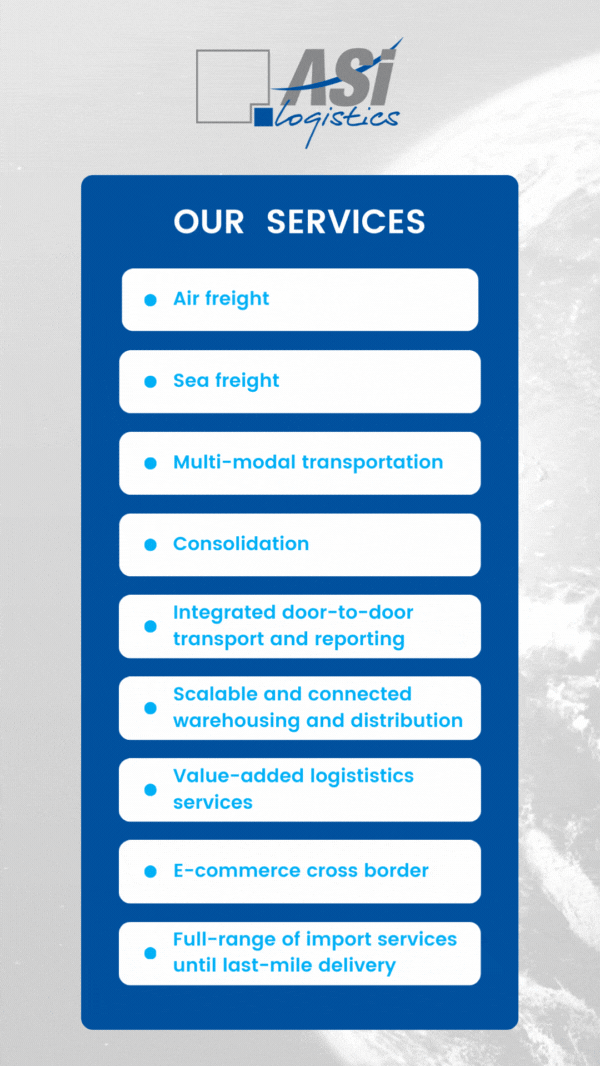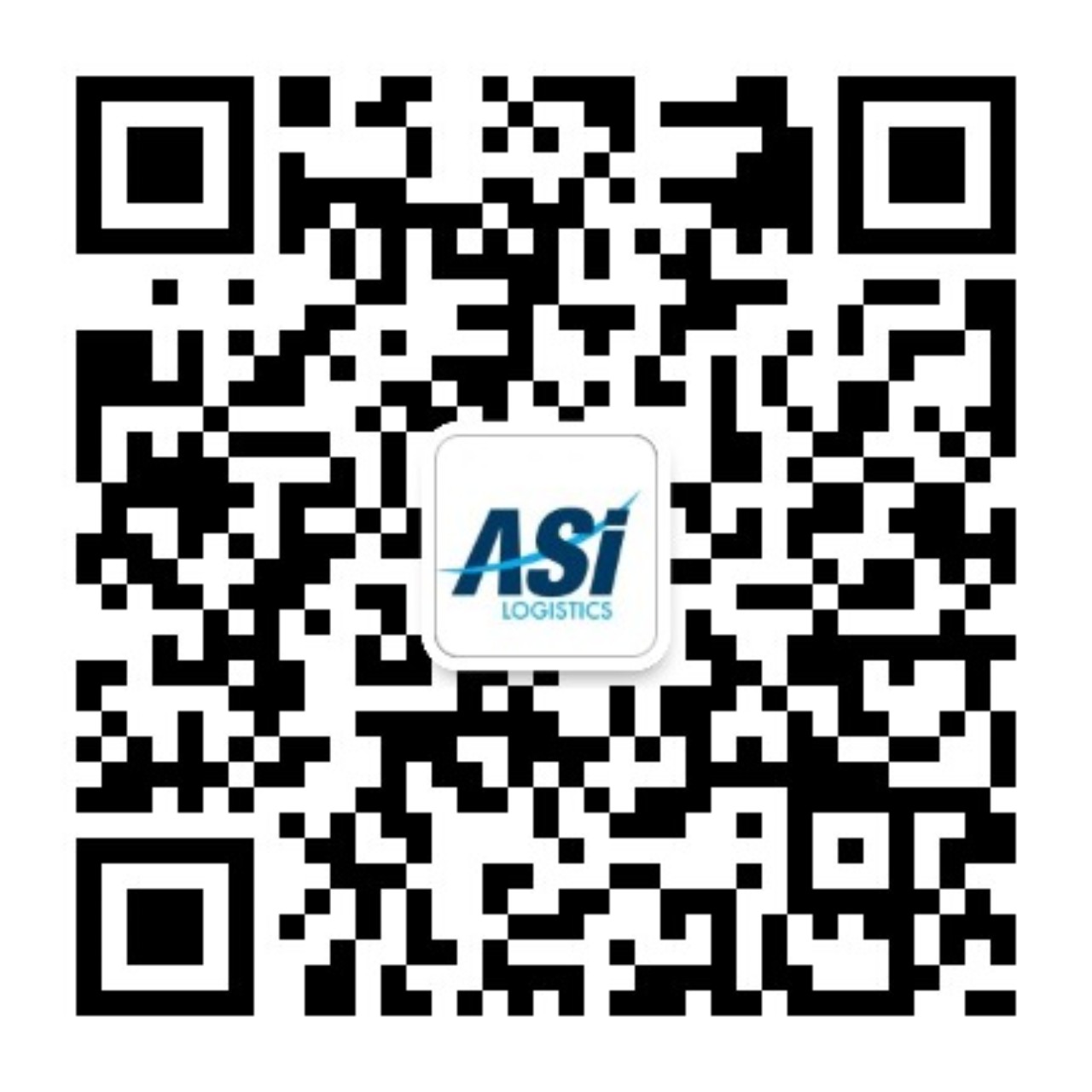Efficiency is the heartbeat of successful logistics operations, and mastering the basics is the first step toward achieving it.
Today, we delve into two fundamental concepts that form the backbone of any logistics strategy: FCL and LCL.
FCL (Full Container Load)

The terms FCL is used when a container is used by a single consignee for their cargo. It thus provides the advantage of exclusive container use, ensuring that goods remain undisturbed throughout the journey.

Advantages
Exclusive contianer use means that FCL is more cost-effective for larger volumes, and also reduces the risk of damage.
When to Use FCL
- Large Cargo Volume: For larger cargo volumes, FCL is more economical and efficient. It ensures your goods remain intact, reducing the risk of damage. Raw materials and bulky items are also well-suited for FCL.
- Time-Sensitive Cargo: Because direct delivery from loading to destination minimizes sorting, consolidation, and inspection time, FCL is usually faster than LCL.
- Special Goods: FCL provides better protection and control for fragile or environmentally sensitive goods.
- Cost Savings: FCL can be more cost-effective for large shipments, avoiding additional LCL charges.
LCL (Less than Container Load)

The terms LCL is used when a container is used by multiple consignees and several cargoes share the space. Opting for LCL allows you to ship smaller quantities without the need to fill an entire container.

Advantages
LCL is both a flexible and cost-effective solution for smaller shipments, it also allows for smaller businesses, or businesses handling small quantities, to enjoy more frequent shipments, thus reducing overheads and the need for extensive warehousing space.
When To Use LCL?
- Small Cargo Volume: For smaller volumes, LCL is often more economical, since you would be paying based on actual volume rather than the entire container.
- Flexibility: LCL offers flexibility for small quantities, allowing you to share containers and reduce shipping costs.
- Non-Urgent Shipments: LCL is suitable when time is not a critical factor, as it involves sorting and packing at the destination.
- Environmental Friendly: For smaller volumes, resorting to LCL allows you to share the environmental footprint of your shipment with other businesses, thus reducing the impact of your cargo.
Between FCL and LCL, FCL is typically a faster option. With FCL, your goods are loaded into a container at the origin and then transported directly to the destination without the need for additional handling or sorting along the way. This direct route usually results in faster transit times compared to LCL, where your goods are consolidated with other shipments at various points, potentially leading to longer overall transit times.

By understanding the benefits of LCL and FCL, you can tailor your logistics strategy to meet your specific needs. Whether it's maximizing cost-effectiveness, preserving resources, ensuring security, or streamlining your supply chain, these approaches offer unique advantages that can enhance your overall logistics operations.
Since 2008, ASI Logistics has been helping businesses find the perfect logistics solutions for their shipments from, to, and within Asia. Our tailor-made approach and customer centric mindset mean that we adapt to your needs, priorities, and specificities of your industry, rather than relying on a one-size-fits-all approach.
No matter the context, ASI Logistics, strong with 15 years of expertise, provides you with the most adapted logistic solution to fit your needs and ensure you enjoy the benefits of smooth operations.
Thanks to our seven offices, including six conveniently located on China's east coast logistic hubs (Shanghai, Qingdao, Xiamen, Ningbo, and Hong Kong), its two branches in Ho Chi Minh City, Vietnam, and Phnom Penh, Cambodia, and its worldwide network of logistic experts, ASI Logistics accompanies you at every step of your product's journey from, to and within Asia.
Our Values

